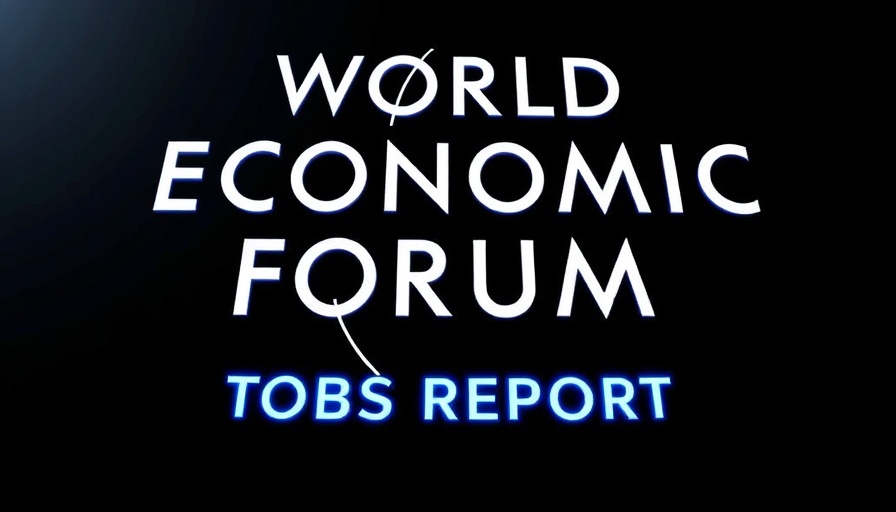
AI's Disruptive Wave: A Blessing or a Curse?
The World Economic Forum’s latest Future of Jobs Report reveals startling projections about artificial intelligence's influence on the job market globally. With 40% of surveyed employers anticipating workforce reductions through task automation, the implications are significant. As AI technology quickly evolves, a crucial question arises: Are businesses ready to embrace this change, or will they struggle with the transition?
The Skills Gap: A Barrier for Businesses
The report highlights a pressing issue for companies—an alarming 50% of employers cite a lack of skilled professionals as a major barrier to adopting AI solutions. This raises concerns about whether organizations can harness the power of AI effectively. With AI and big data being projected as the fastest-growing skills essential for the future, leaders must prioritize upskilling their workforce to avoid falling behind competitors.
The Importance of Upskilling: Resilience in Transition
In the face of this transformation, upskilling emerges as the primary strategy for most employers. Research indicates that 77% of organizations plan to equip their existing employees with new skills by 2030. This proactive approach not only enhances employee adaptability but also fosters a culture of resilience within businesses. By investing in their workforce, companies can mitigate the risks associated with automation and maintain a competitive edge.
The Diverse Future of Work: Championing Collaboration
The report's findings suggest a dichotomy in the future of work: AI adoption can either enhance collaboration between machines and humans or create greater societal disparities. Business leaders and policymakers must navigate this path cautiously, striving for decision-making frameworks that emphasize collaboration over replacement. What’s at stake is not just productivity, but the fundamental nature of work itself.
Preparing for Tomorrow: Insights for Leaders
Marketers and C-level executives must understand the urgency of integrating AI into their strategies. The skills of analytical thinking, resilience, and technological literacy will be more critical than ever. As these trends unfold, cultivating a workforce equipped with these capabilities is imperative for sustaining innovation and efficiency in competitive industries. Leaders who embrace the change now, investing in human capital alongside AI, could position themselves to thrive in the new economic landscape.
 Add Row
Add Row  Add
Add 




Write A Comment